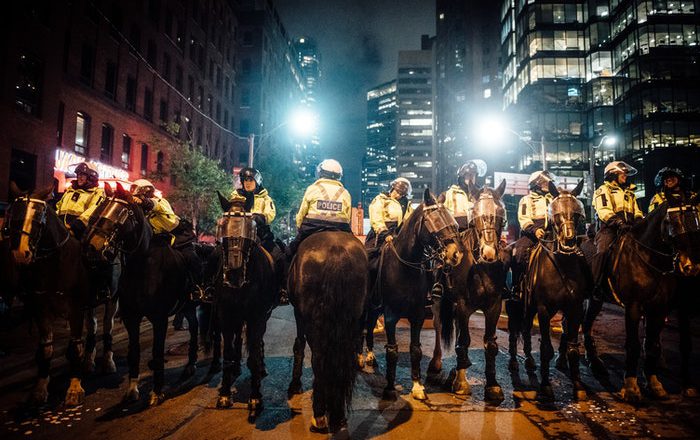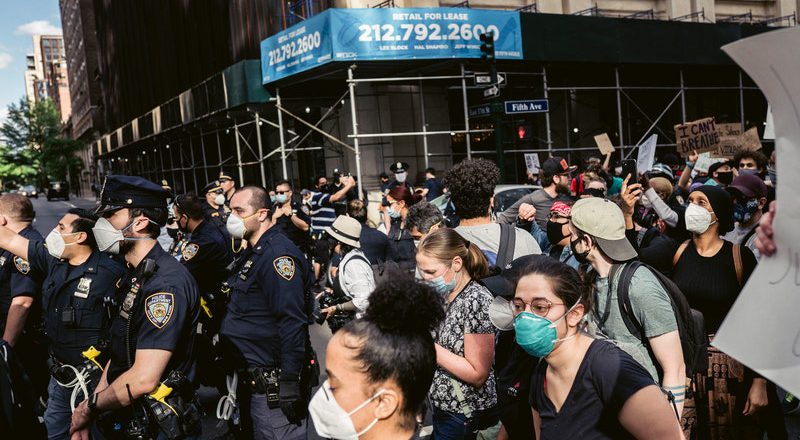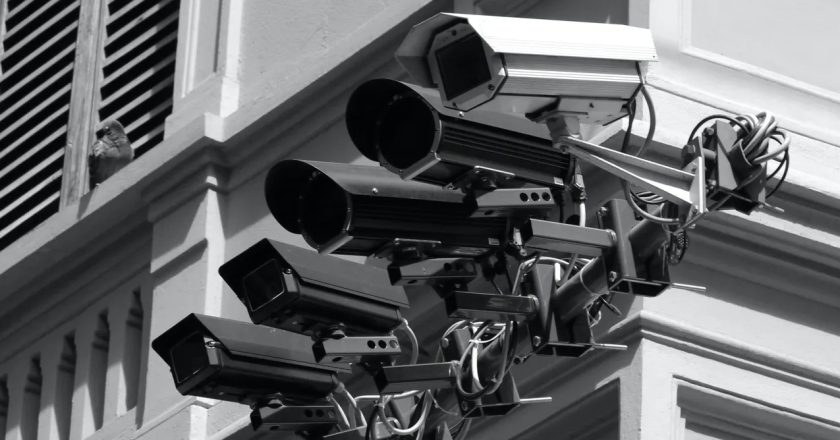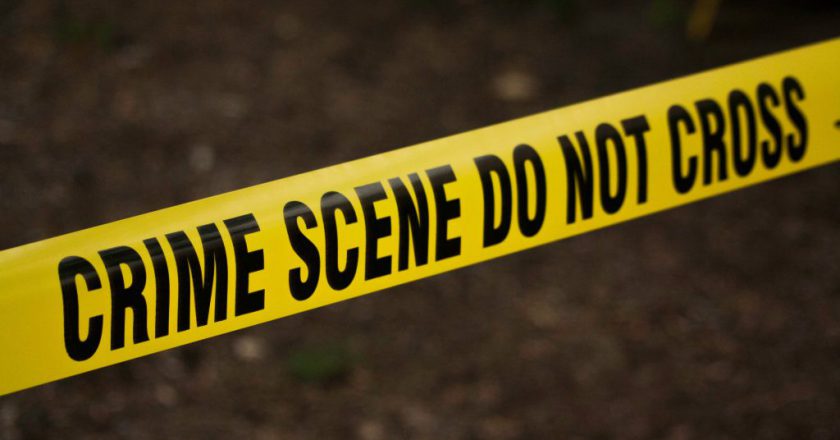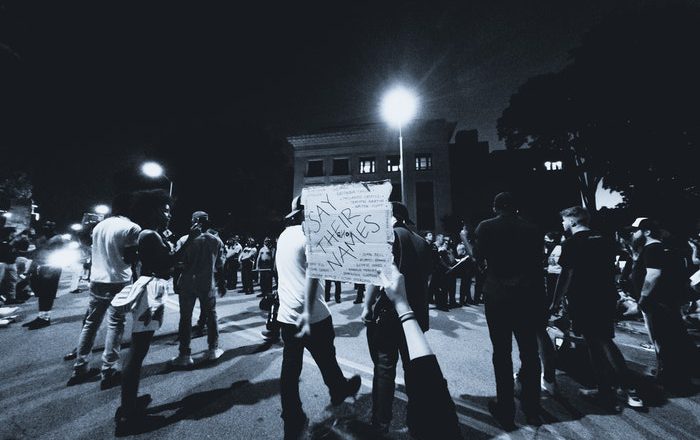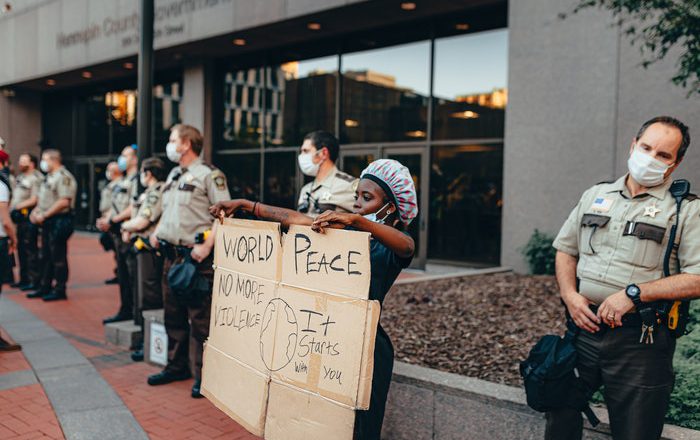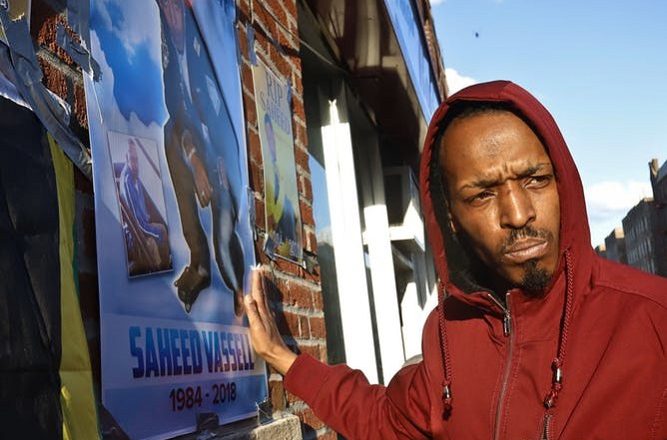Teach police nonviolence, scholars say, and how to work with local residents
Calls to reform, defund or even outright abolish police in the U.S. are coming from many corners of American society. The Conversation asked several scholars who study different aspects of policing to explain what their research has found could help reduce police prejudice and violence.
Kirssa Cline Ryckman, Jennifer Earl, Jessica Maves Braithwaite, University of Arizona
Police have a saying, “better to be judged by 12 than carried by six,” acknowledging they might face a jury if they use excessive force, but it’s preferable to being killed in the line of duty. Many police oppose civilian oversight of their departments, which could prevent both criminal charges and death. Yet right now, all over the U.S., the public is judging police for how they act.
Some police officers question the use...

